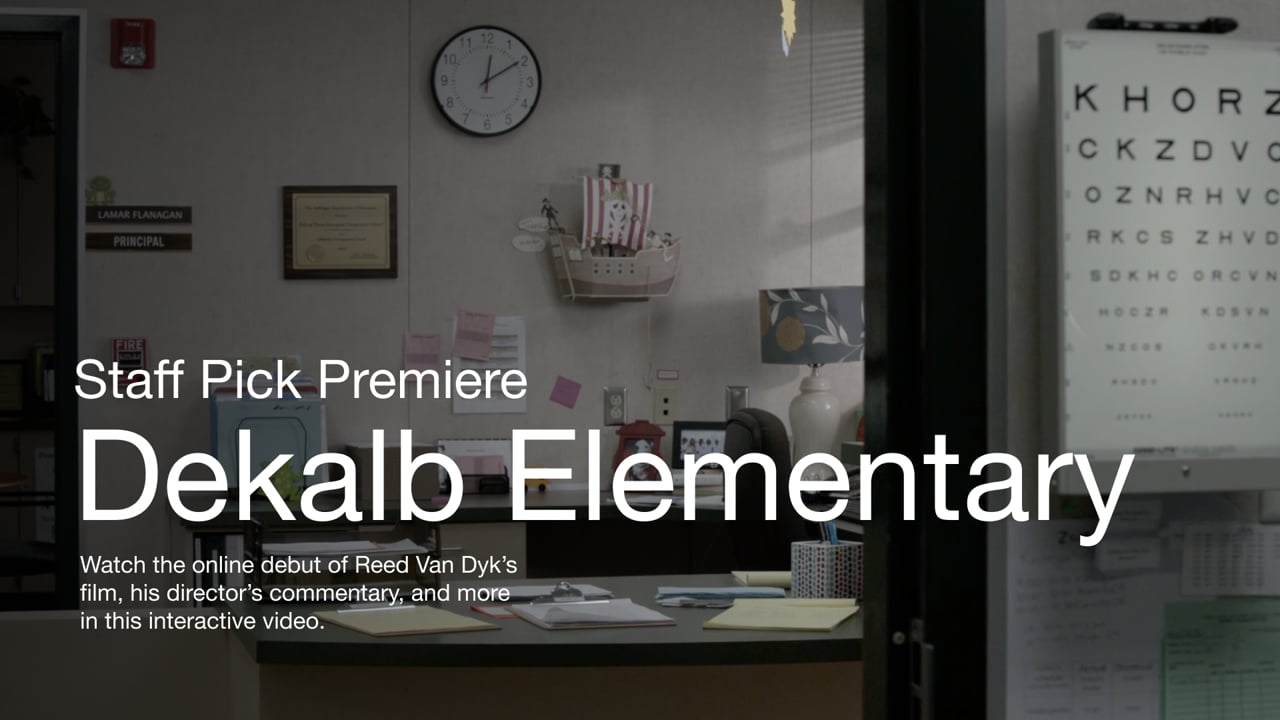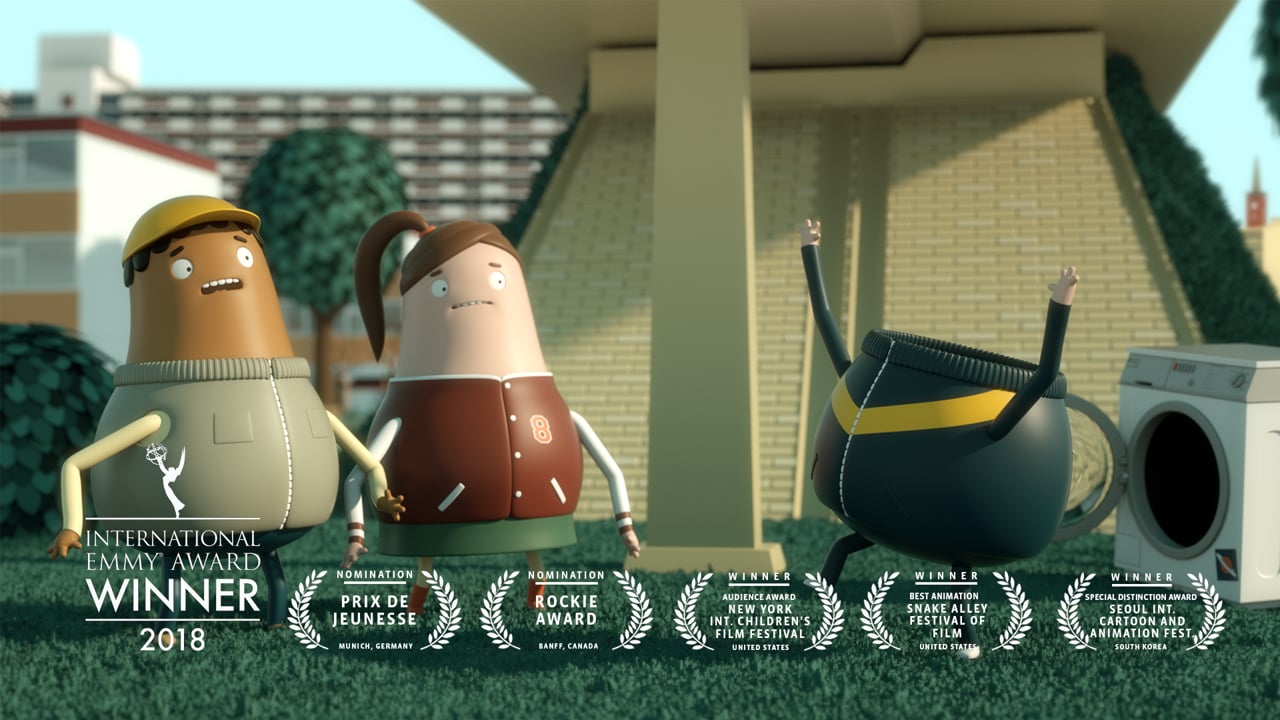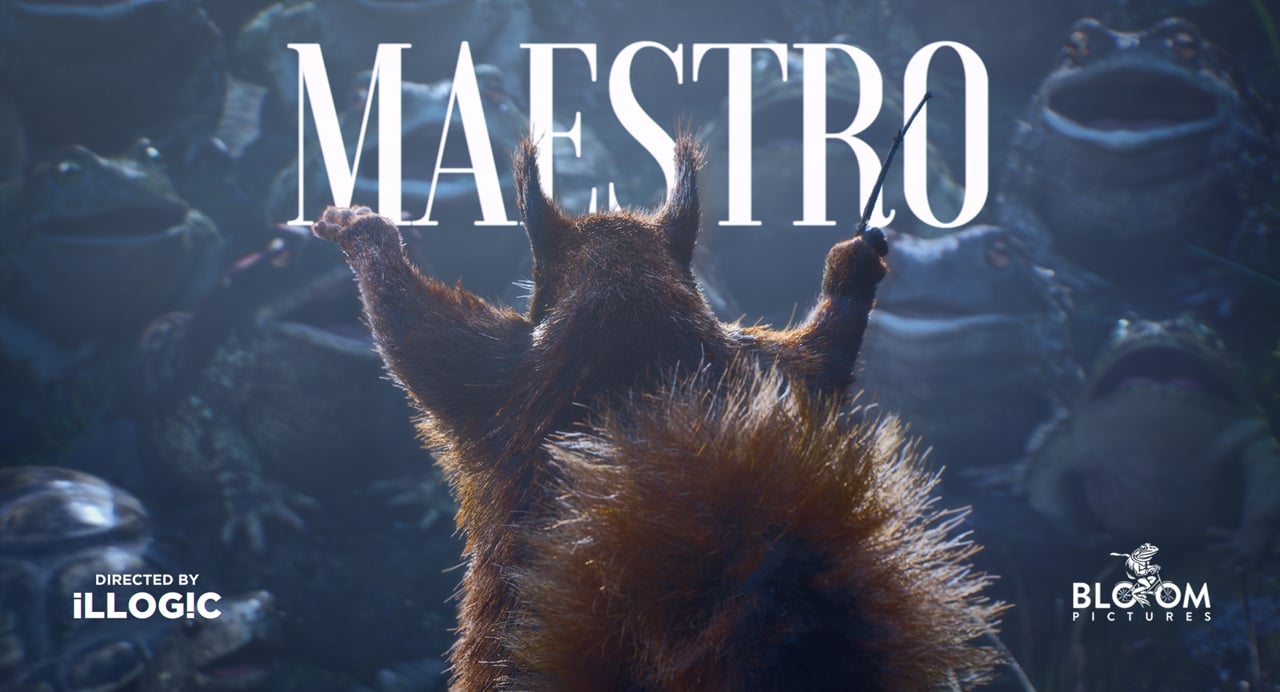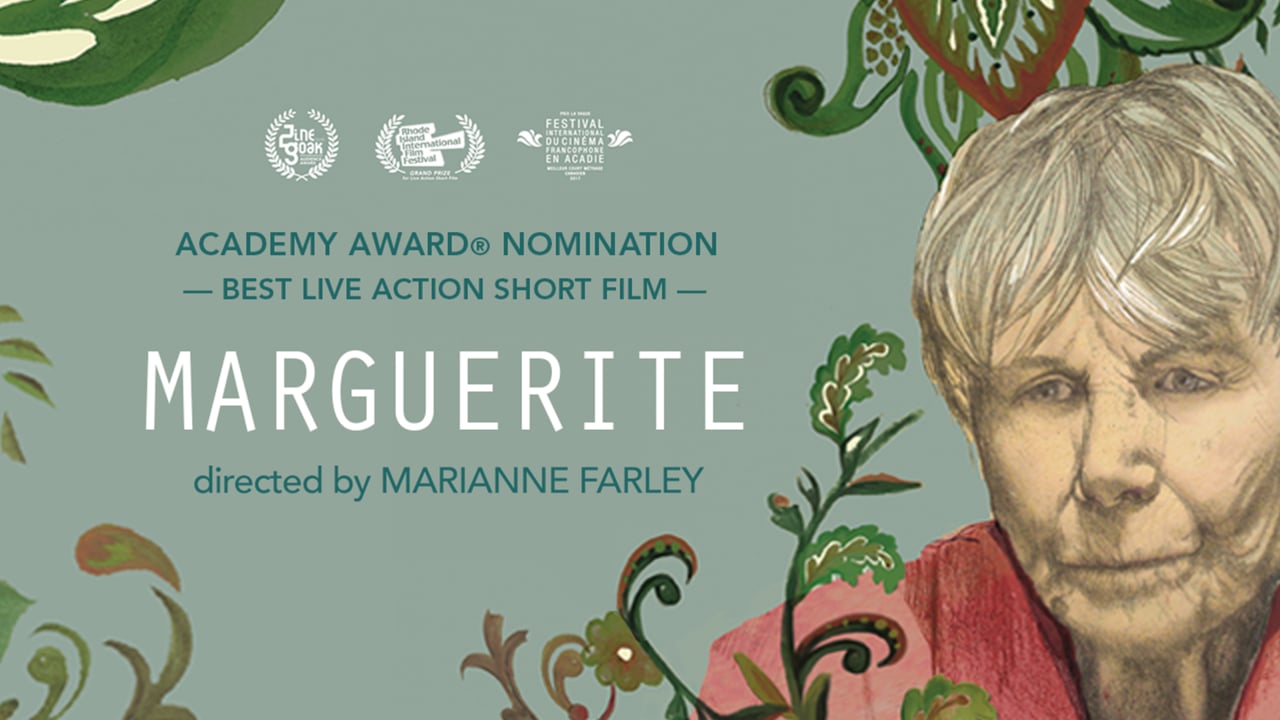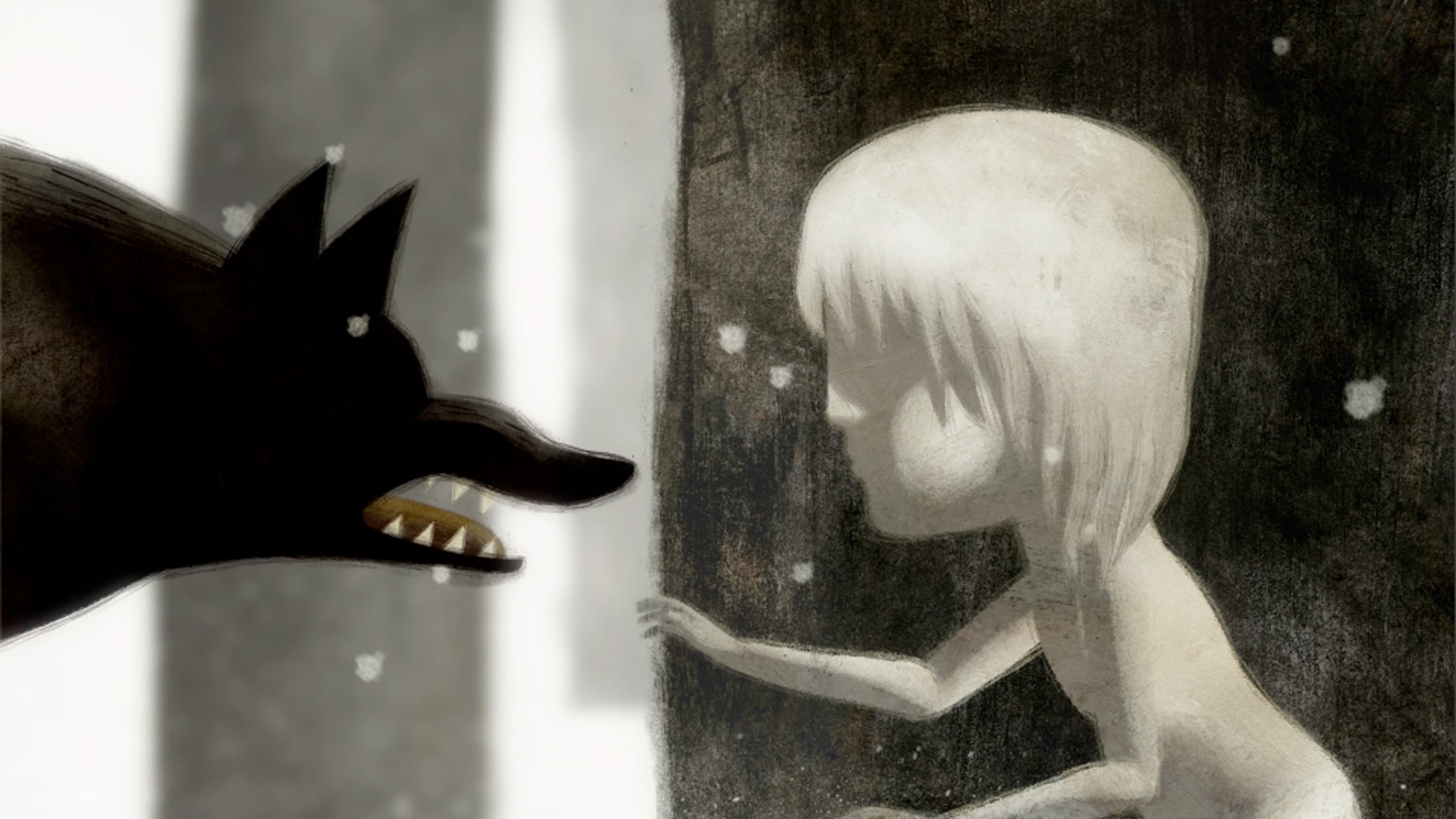One year after receiving an Academy Award nomination for “DeKalb Elementary,” writer and director Reed Van Dyk returns with today’s Staff Pick Premiere, “Interiør” — a masterclass for building tension, sorrow, and empathy in a viewing audience.
With strong performances and symbolically bleak cinematography, the film centers around a solitary kid named Anders who lives with his mother in Oslo. Aside from a prickly neighbor and the men she welcomes into their apartment for music lessons, the two live an uncommunicative life in an isolated environment. Craving the love and connection his mother appears to share freely with her students, Anders’ loneliness eventually culminates in a spontaneous act of desperation.
In honor of today’s premiere, we got in touch with writer and director Reed Van Dyk to talk about process and inspiration. Read on for excerpts from our interview.
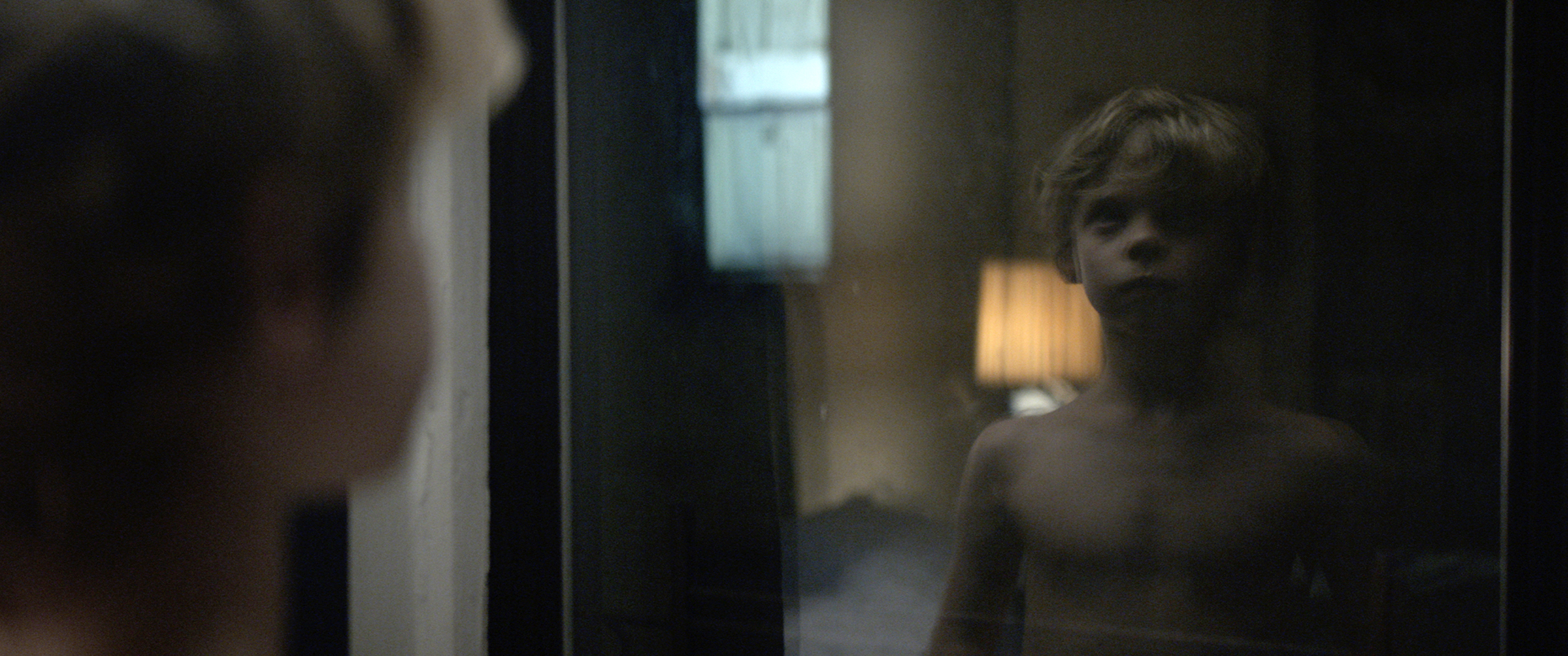
On finding inspiration:
“While I was doing research for my last film, I read ‘One of Us‘ by Asne Seierstad. The book is about Norwegian terrorist Anders Breivik and the victims of the 2011 Oslo massacre. In the book, Breivik’s childhood is described in great detail; I became very interested in (and saddened by) this period in his life, before he became the adult capable of such heinous atrocities. That said, ‘Interiør’ is a fictional story — it isn’t explicitly about Breivik. For me, the film is ultimately about mothers and sons, and the deprivation and confusion that’s born in a loveless home.”
On choosing the setting:
“I hemmed and hawed for some months about where to set the film — here or abroad — and I ultimately decided on Norway for a couple of reasons. First, the inspiration for the story came from there; more importantly, I wanted to work with Ane Dahl Torp (who plays the mother). She’s very well known in Norway and Scandinavia, and I’d been familiar with her work for years. She’s an amazing actress.”
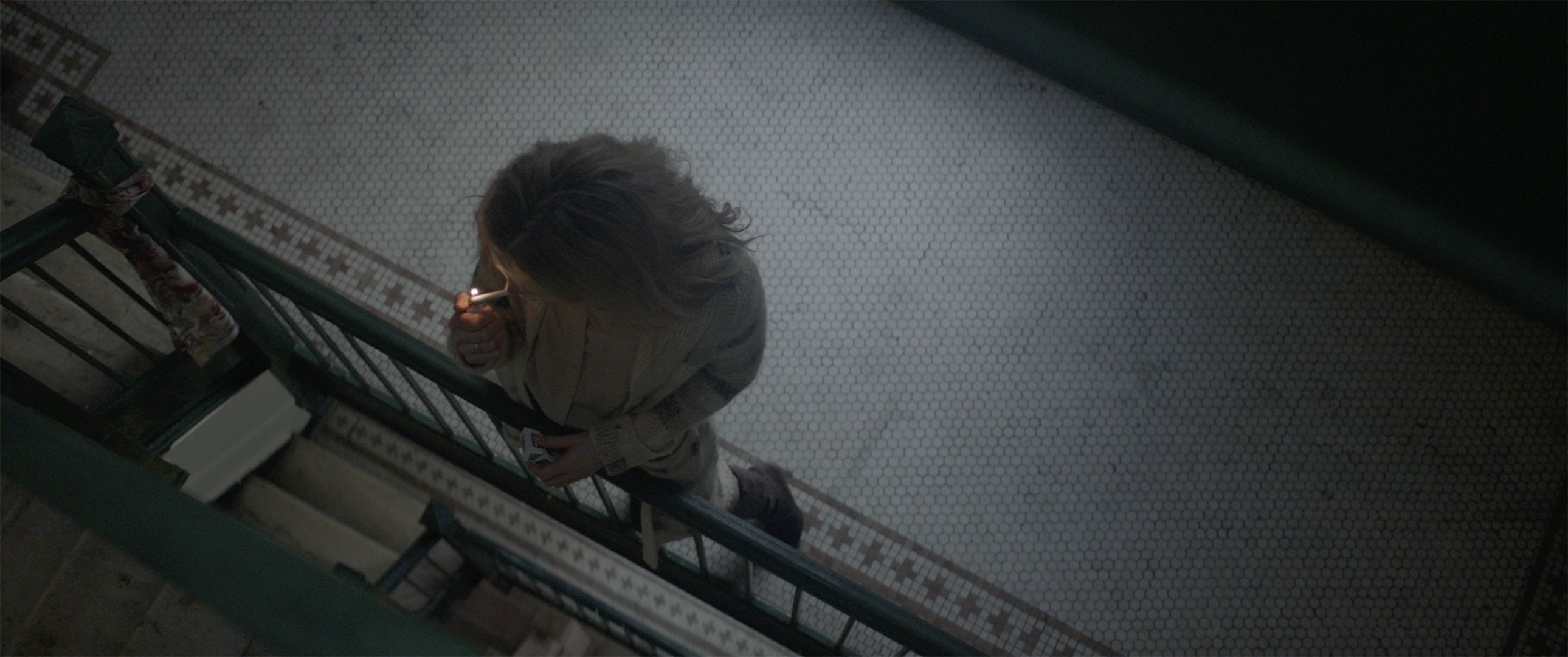
On the challenges that came up:
“The film was quite challenging to make. I had very particular ideas about what the apartment building should look like, but I couldn’t find what I wanted in Norway after a couple weeks of scouting and putting a team there. So I went looking in Copenhagen, just a short plane ride away. Same story there. I scouted and put a team together, but couldn’t find exactly what I was looking for. So I finally decided to come back to the states and look around New York City. Ultimately I found what I wanted there. But then casting actors in Norway and Denmark and bringing them to New York was a challenge. My casting team was incredible though. Emer O’Callaghan worked with me in New York; Tove Undheim helped in Norway, and Annette Grunnet found Jens in Denmark.”
On the advice he’d give aspiring filmmakers:
“My best advice is to study the movies you love. Watch them over and over again, deconstructing every choice. I do this weekly with the films that mean the most to me. I ask a million different questions as I re-watch, like: Why did the filmmaker cut there? Why did she move the camera like that? Why did she stage the actors this way? I’m always trying to understand the effects of each choice on the overall experience.”
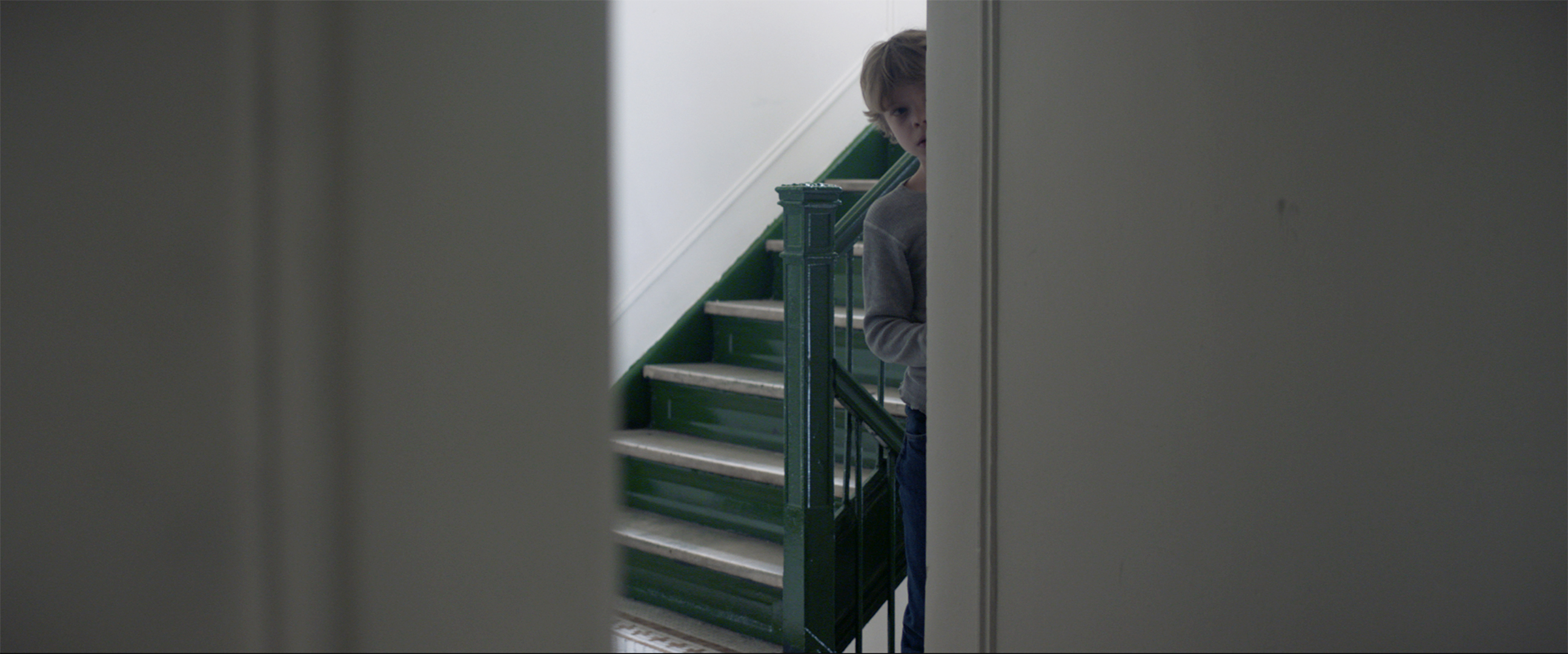
On the power of film:
“The only other piece of advice, which isn’t really advice, is that I feel it’s important to remember that films are not products designed to reach the widest audience. Film is art meant to express, communicate, and teach us about ourselves and each other. This is why I go to the movies. I would encourage an aspiring filmmaker to learn to listen to themselves, not the marketplace, to discover the stories and characters that want to come out of them.”
On what’s next:
“I’m currently finishing work on two feature scripts. Hopefully I’ll be shooting next year.”

